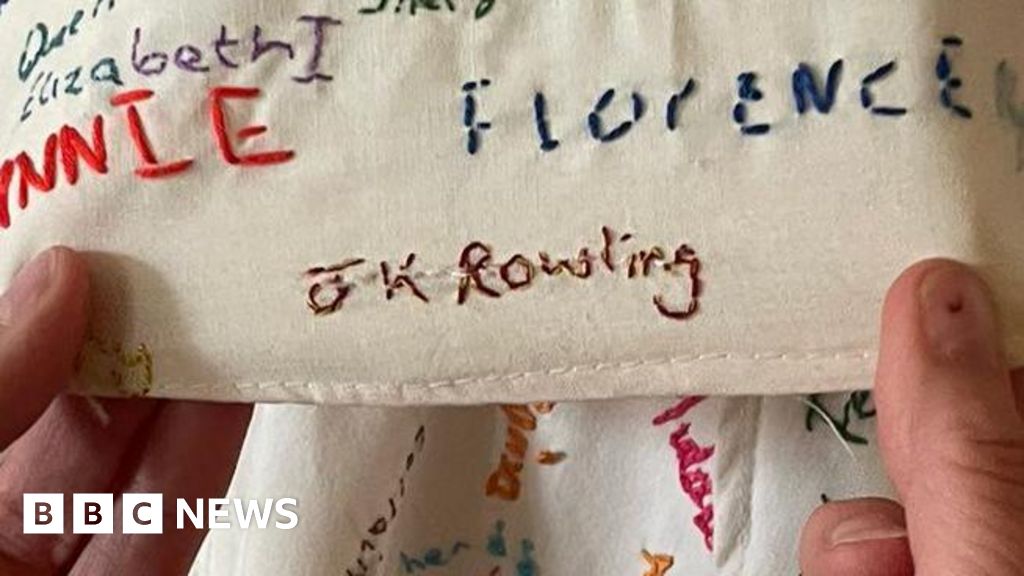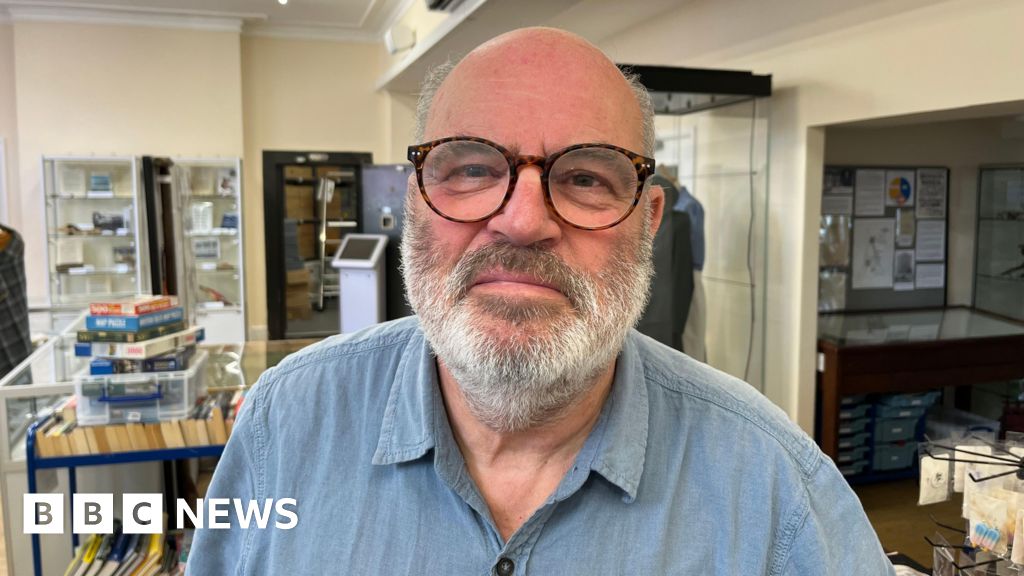- Careers
5 ways the Federal Reserve's decisions can affect your wallet
时间:2010-12-5 17:23:32 作者:International 来源:Breaking News 查看: 评论:0内容摘要:Last year the government and water companies announced proposals to build nine new reservoirs by 2050.Last year the government and water companies announced proposals to build nine new reservoirs by 2050.
"We don't give them any medication or supplementary feed," Mr Fisher says. "That would come through in their faeces and kill small insects like the dung beetle, which can help heal nature."The ponies had no problem coping with snow on the ground last winter.

"They used the hooves to pull back the snow and graze the vegetation. We were really happy with how they were over winter."Derbyshire Wildlife Trust's Living Landscape Officer Katie Last watched this year'swho say the changing climate is increasing the risk of fires, and says restoring landscapes with the aid of native breeds can help.

"Large grazing herbivores can help create a resilient landscape to wildfires," she says."The trampling and the grazing of vegetation will remove the existing fuel for the fires, and also [it] creates those open gaps and areas of bare ground that will stop the spread of wildfires."

But she says that is just one of the many benefits we gain from introducing large herbivores as part of rewilding projects.
"The way that they manage our grasslands, they're much better at capturing carbon in the ground. They don't overgraze, which gives the soil time to regenerate."Since then, hundreds of people have been evicted from their homes, subjected to violence or arrested because of their sexuality, according to Uganda's Human Rights Awareness and Promotion Forum (HRAPF).
But the World Bank says it is confident that new "mitigation measures" will allow it to roll out funding in such a way that does not harm or discriminate against LGBTQ people.The BBC has asked the Ugandan government and the World Bank for further comment.
"The World Bank cannot deliver on its mission to end poverty and boost shared prosperity on a liveable planet unless all people can participate in, and benefit from, the projects we finance, " a spokesman told the AFP news agency on Thursday, adding that the organisation had "worked with the [Ugandan] government and other stakeholders in the country to introduce, implement and test" anti-discrimination measures.New projects in "social protection, education, and forced displacement and refugees" have also been approved, an unnamed World Bank spokesperson told the Reuters news agency.
- 最近更新
- 2025-07-07 04:29:46Colombia’s army says 57 soldiers kidnapped in restive southwest
- 2025-07-07 04:29:46North Korea sending teams to Russia’s Kursk to aid war-hit area’s recovery
- 2025-07-07 04:29:46Ser católico en una universidad secular puede ser un desafío; otros lo ven como una bendición
- 2025-07-07 04:29:46Fruit and veg threat extends Thailand-Cambodia border row
- 2025-07-07 04:29:46History of US-Iran relations: From the 1953 regime change to Trump strikes
- 2025-07-07 04:29:46North Korea sending teams to Russia’s Kursk to aid war-hit area’s recovery
- 2025-07-07 04:29:46Syria church bombing kills 25, dozens wounded
- 2025-07-07 04:29:46“Will Israel accept” Iran if it’s not a nuclear threat?
- 热门排行
- 2025-07-07 04:29:46Air India plane crashes shortly after takeoff, carrying more than 240 people
- 2025-07-07 04:29:46UK backs Morocco's plan in disputed Western Sahara
- 2025-07-07 04:29:46Best personal loans for 2025: Editor picks for low rates, high maximums, flexible terms
- 2025-07-07 04:29:46Alcaraz gives point to Shelton on racket fling
- 2025-07-07 04:29:46The Dual Mandate and the Balance of Risks
- 2025-07-07 04:29:46‘Amazing feeling’: Marc Marquez wins Italian MotoGP for Ducati on home soil
- 2025-07-07 04:29:46Video shows Air India plane crashing in Ahmedabad
- 2025-07-07 04:29:46Alcaraz gives point to Shelton on racket fling
- 友情链接
- Women's sports bar The Sports Bra set to expand to four new cities Growing share of US residents speak a language other than English at home Saudi Arabia hosts over 1.5 million foreign pilgrims for Hajj 2 killed in helicopter crash on Alaska’s remote North Slope, NTSB says Judge blocks private prison operator from housing ICE detainees at shuttered Kansas center South Korean lawmakers approve special investigations into martial law and Yoon's wife Better defense may determine who wins NBA crown, Pacers or Thunder Trump announces travel ban and restrictions on 19 countries More at-home health tests are now available. How to know what's right for you Former congressional candidate running against US Sen. Tommy Tuberville for Alabama governor Trump administration revokes guidance to hospitals on emergency abortions Data capturing hot spots and burned acres show Canada wildfire season off to wild start More at-home health tests are now available. How to know what's right for you India is preparing to launch its delayed census, including controversial questions about caste Trump names nominees to take over Middle East and Africa commands Trump orders investigation into Biden's actions as president Deported Guatemalan man lands in US after court orders Trump administration to facilitate his return Army leaders defend parade and border spending China suppresses talk of Tiananmen Square crackdown on anniversary How to reduce loud outdoor noises to protect wildlife How to get a first hearing aid that you'll like and can afford Schwarzenegger tells environmentalists to 'stop whining' and get to work Democratic Gov. Andy Beshear steps up campaign to ensure preschool for every Kentucky 4-year-old Trump names nominees to take over Middle East and Africa commands Jessie J says she's been diagnosed with breast cancer Jury convicts Wisconsin inmate accused of killing cellmate for being Black and gay Cortes de luz y gas en Cuba obligan a usar el ingenio Deported Guatemalan man lands in US after court orders Trump administration to facilitate his return Millions of honeybees abuzz after truck overturns in Washington state Kennedy has ordered a review of baby formula. Here's what you should know
